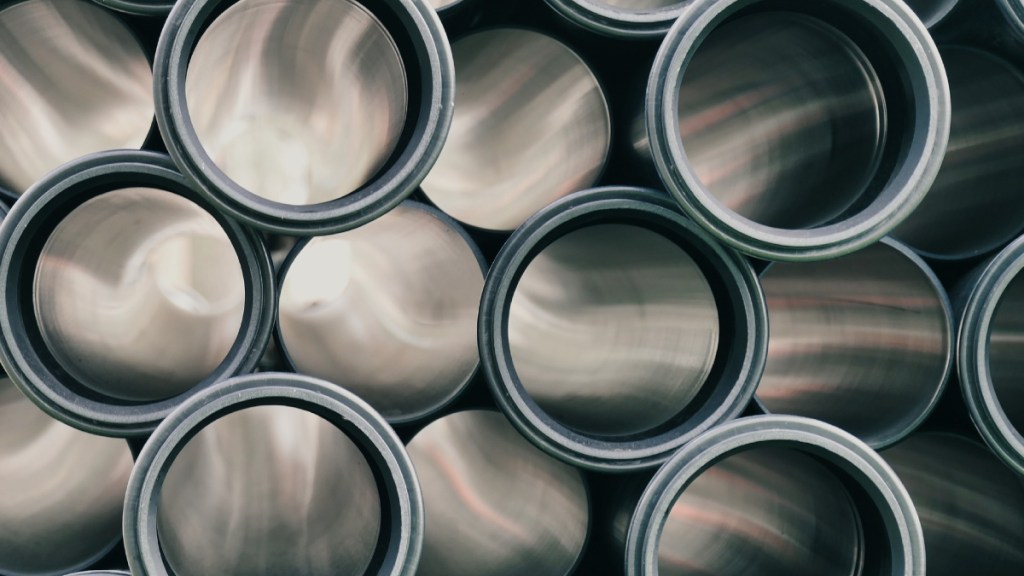The country’s secondary steel producers, contributing around 40% of domestic steel production, have formed a national-level apex industry body, the National Sustainable Steel Association (NSSA).
The move comes in the wake of the sharp divide in the steel sector, with primary steel makers seeking protection from cheap imports in the form of safeguard duty and the government initiating the process for it.
Based in Delhi, the association will work collaboratively to better the sector, advocate members’ interests, and liaise with the government to ensure that over 5,000 feeble and fragmented voices are heard in the upper echelons of power.
“This is the beginning of our mission to advocate for the entire steel industry by addressing critical challenges and achieving relief through effective government policies. Our collective goal is to strengthen our association by adding more members throughout the country. In the first phase, we aim to achieve at least 2,500 members nationwide,” said Vijay Jhawar, President, NSSA.
Anil Nachrani, the association’s convenor, said the association’s key focus areas will be ensuring consistent and affordable access to raw materials, creating opportunities to increase sales and improve market reach, exploring and implementing advanced technologies to enhance productivity and sustainability, and working with the government to develop industry-friendly policies that benefit all sectors of the steel industry.
The secondary steel sector is a diverse landscape, encompassing approximately 450 direct reduced iron (DRI) units, 57 electric arc furnaces (EAFs), 1,100 electric induction furnaces (EIFs), and over 1,300 re-rolling mills. However, it is not without its challenges. The sector is grappling with inadequate raw materials supply and a fund crunch for necessary upgrades and modernisation. These challenges have led to a decline in the sector’s share of the country’s overall steel production, from 57% in 2015 to 37% in 2023.


